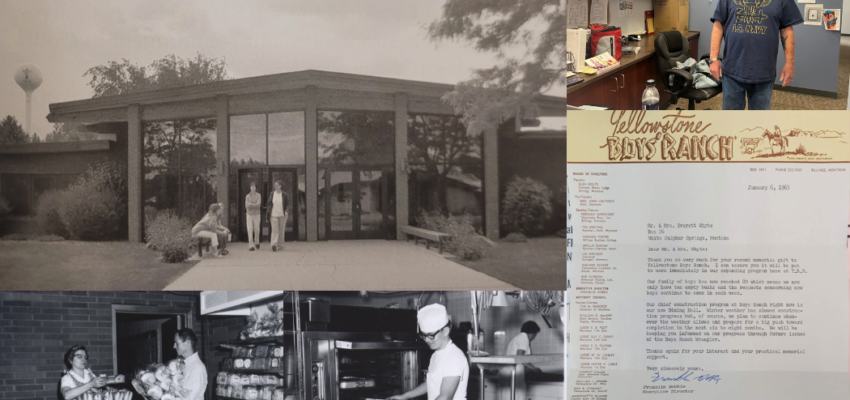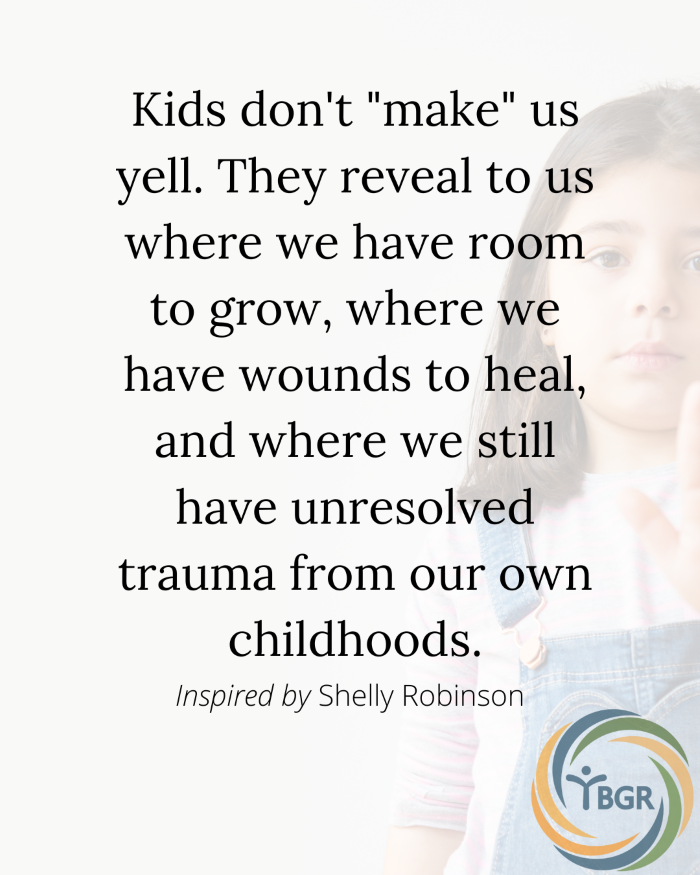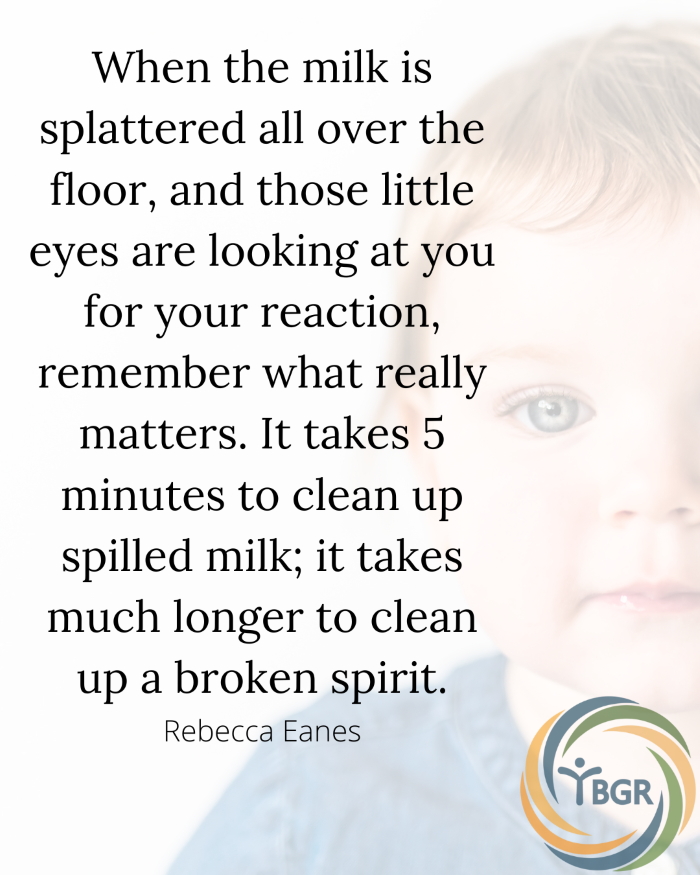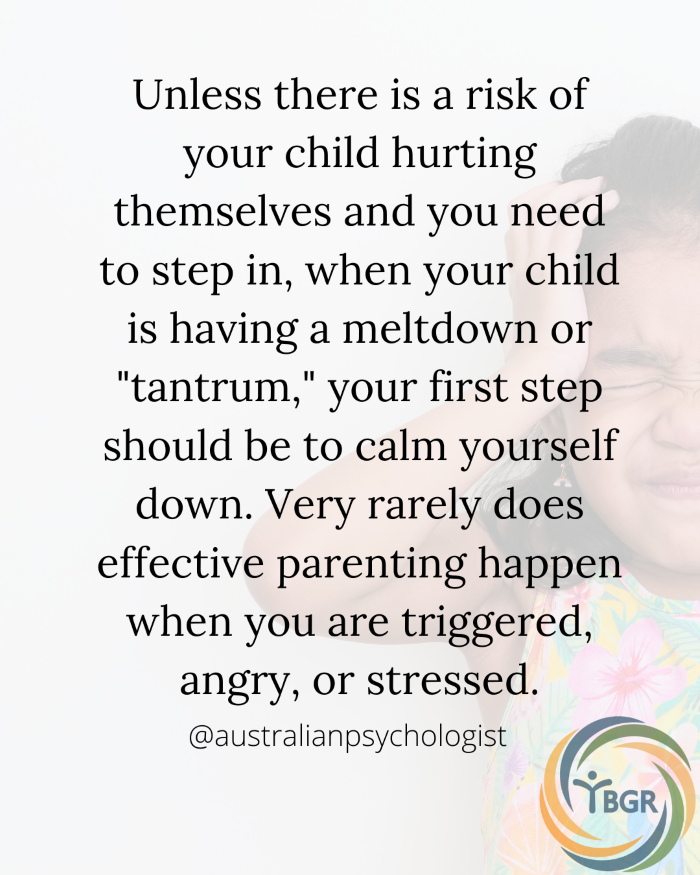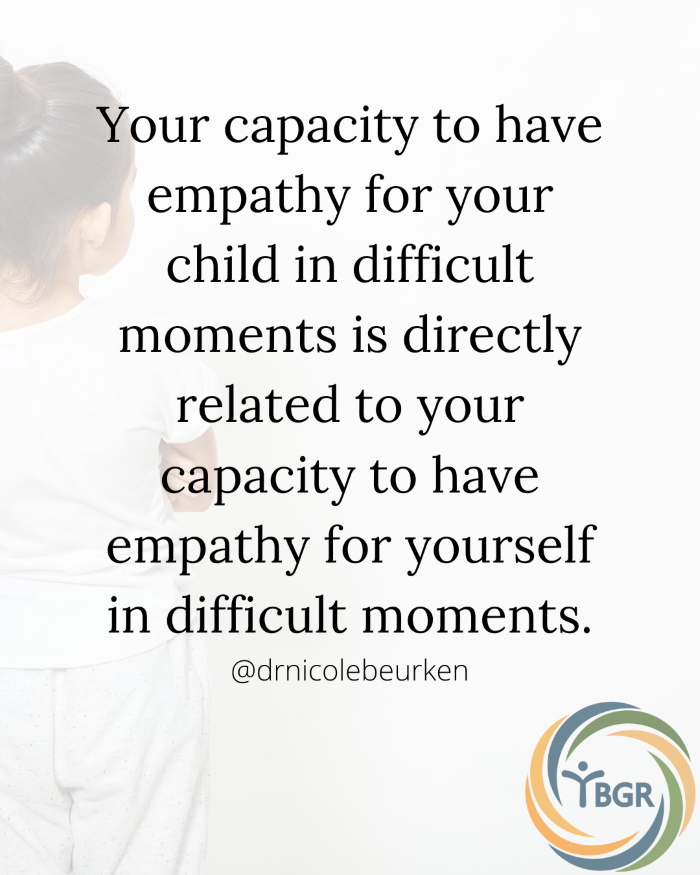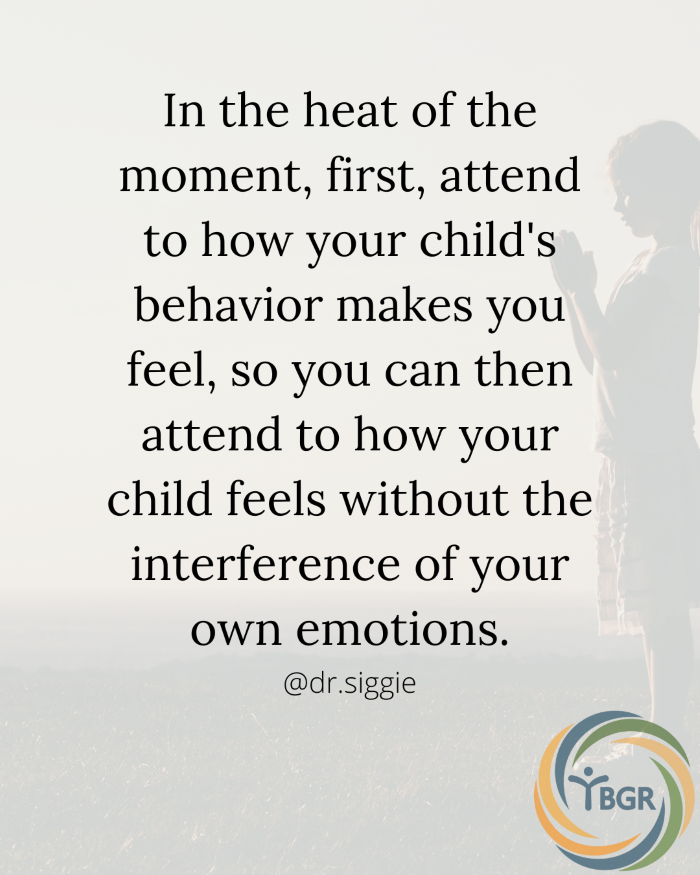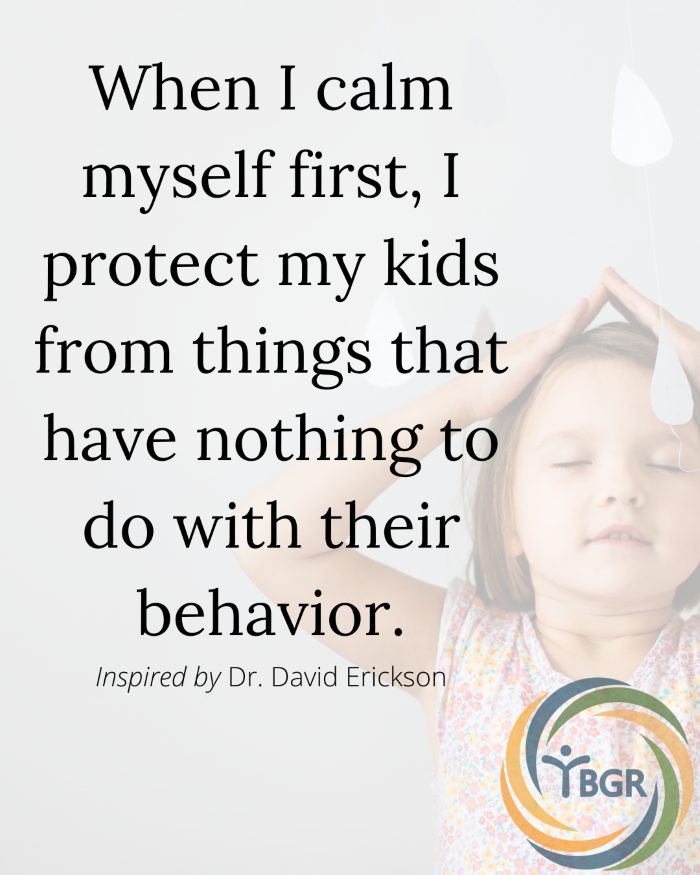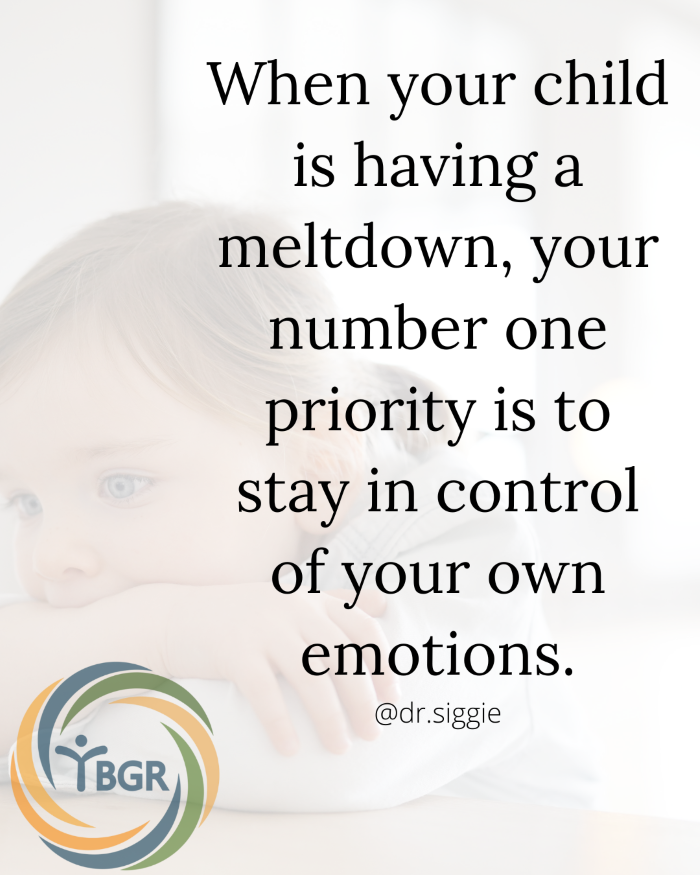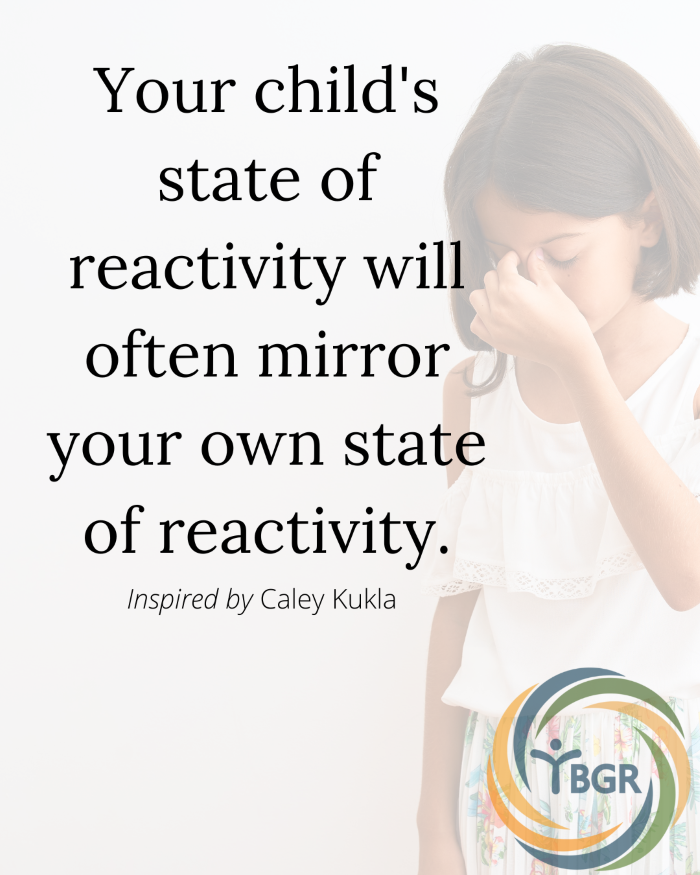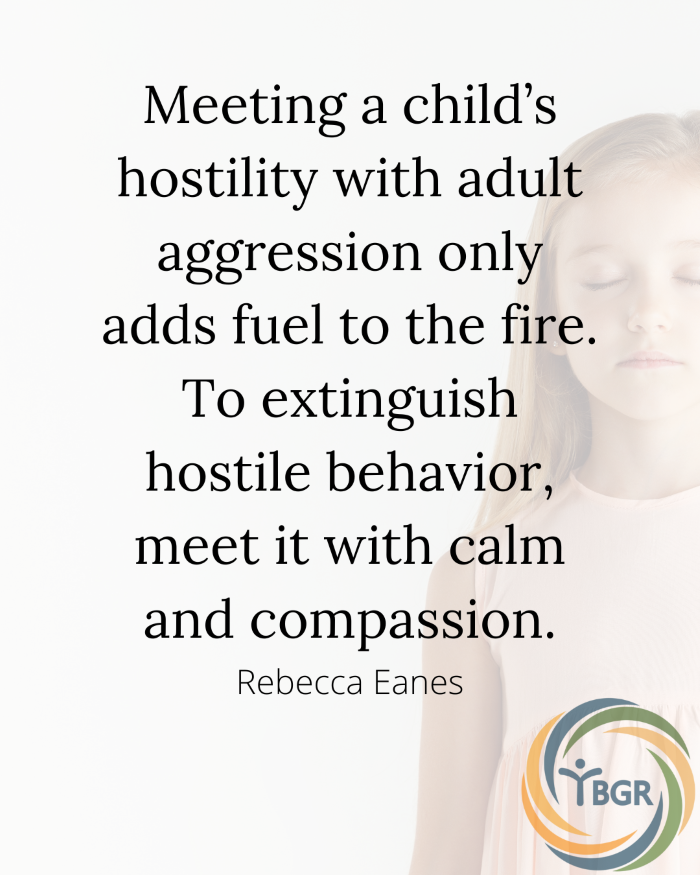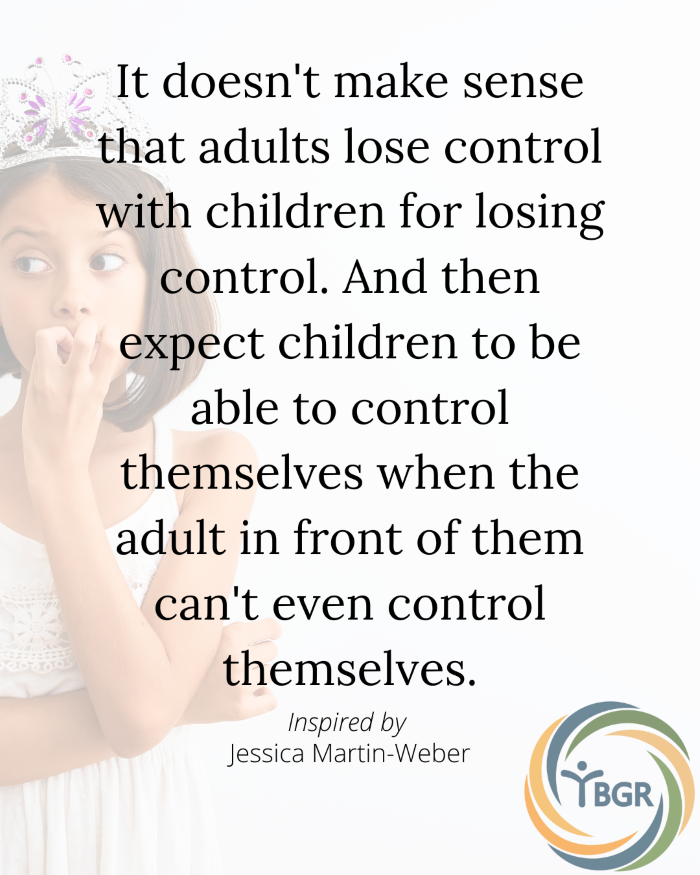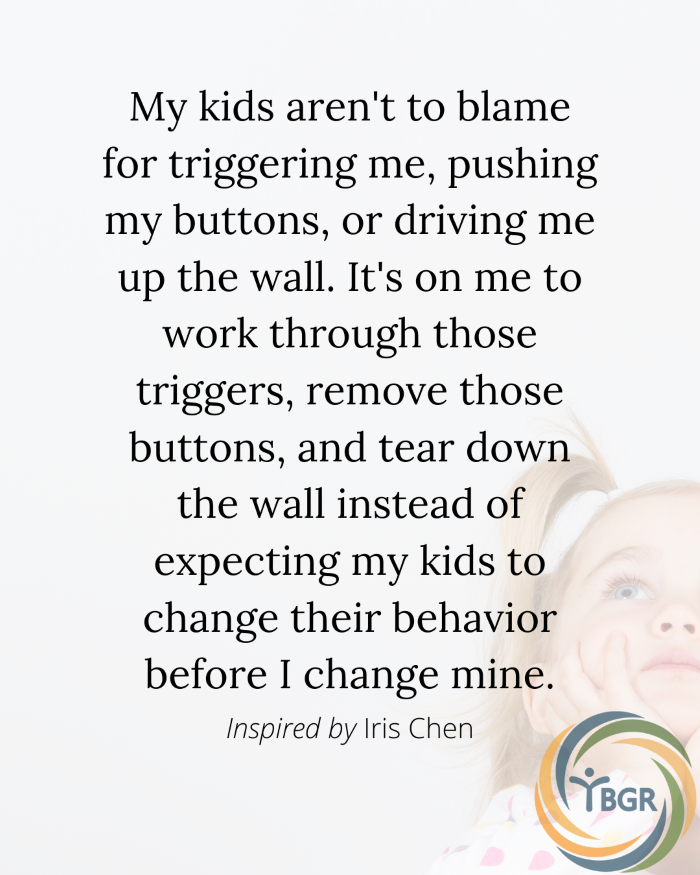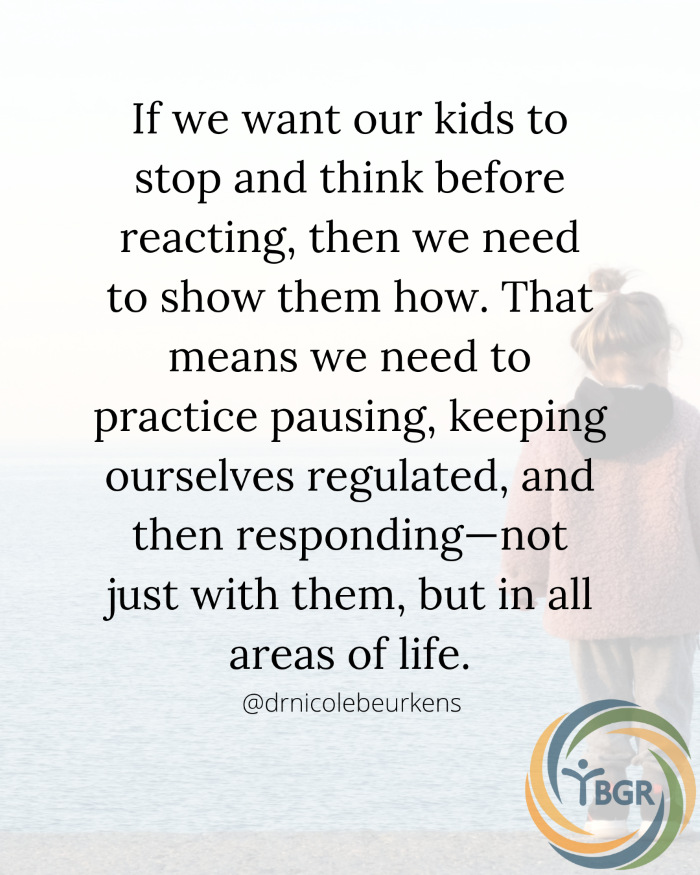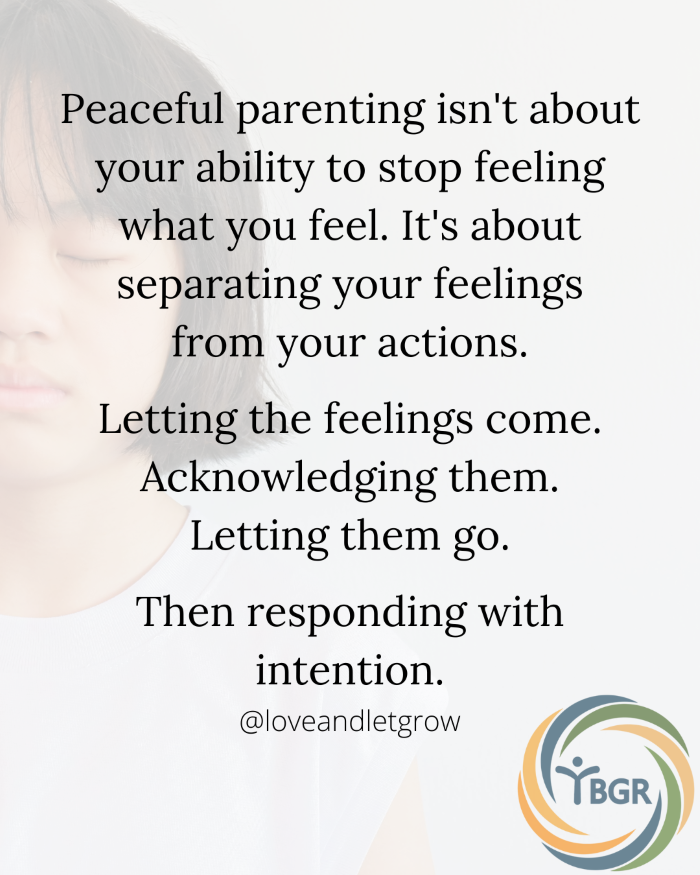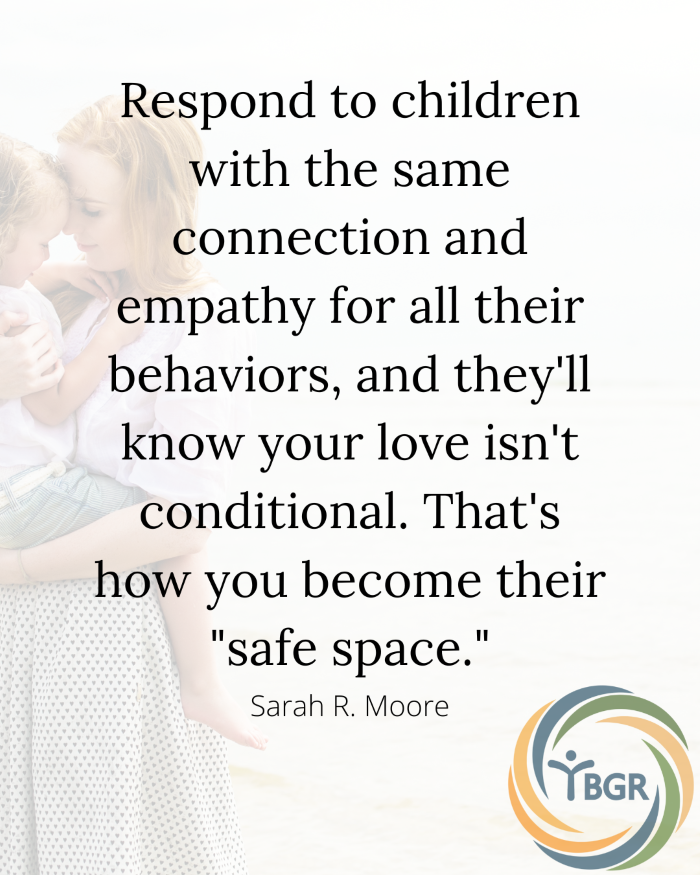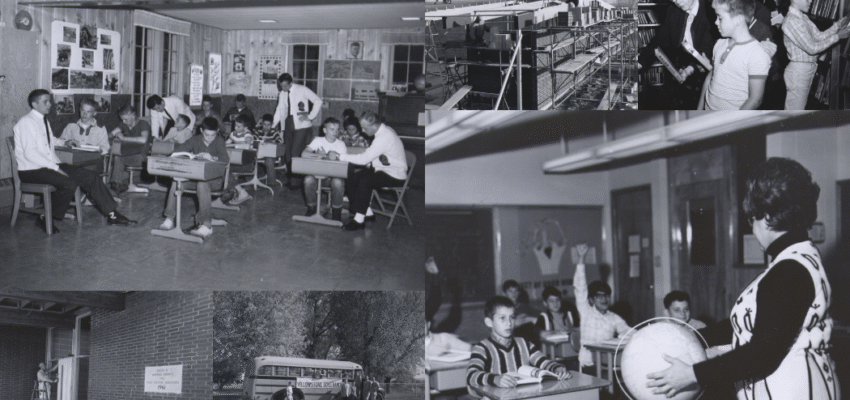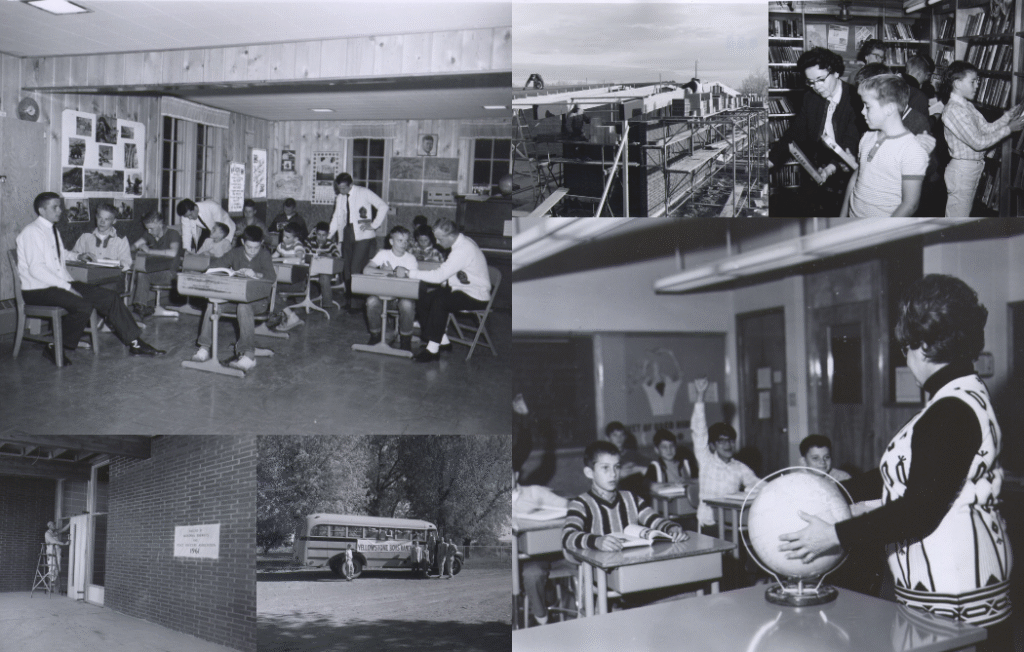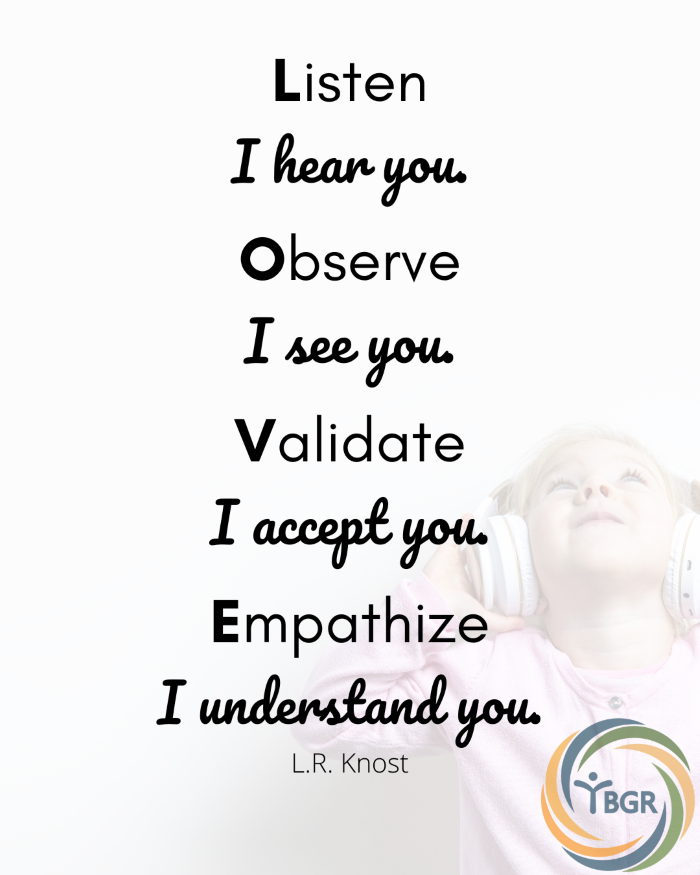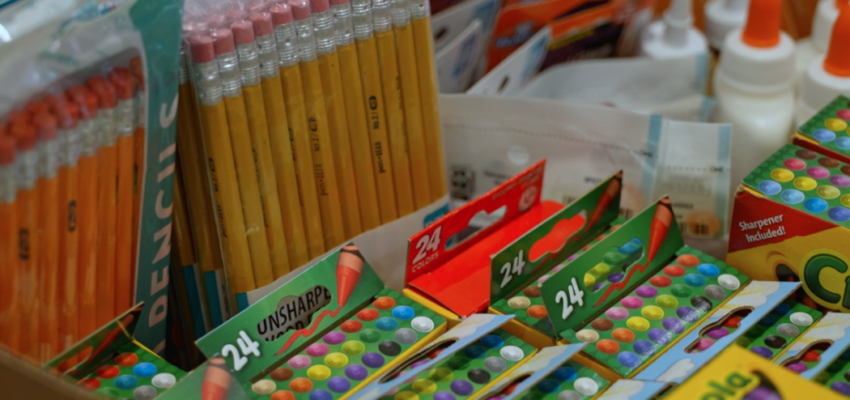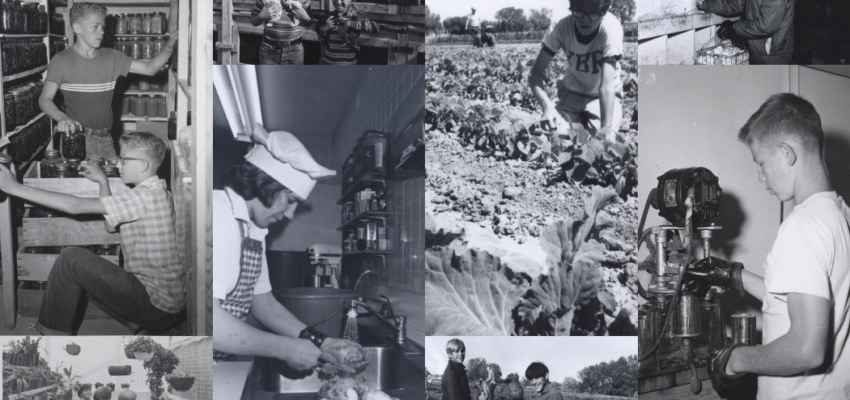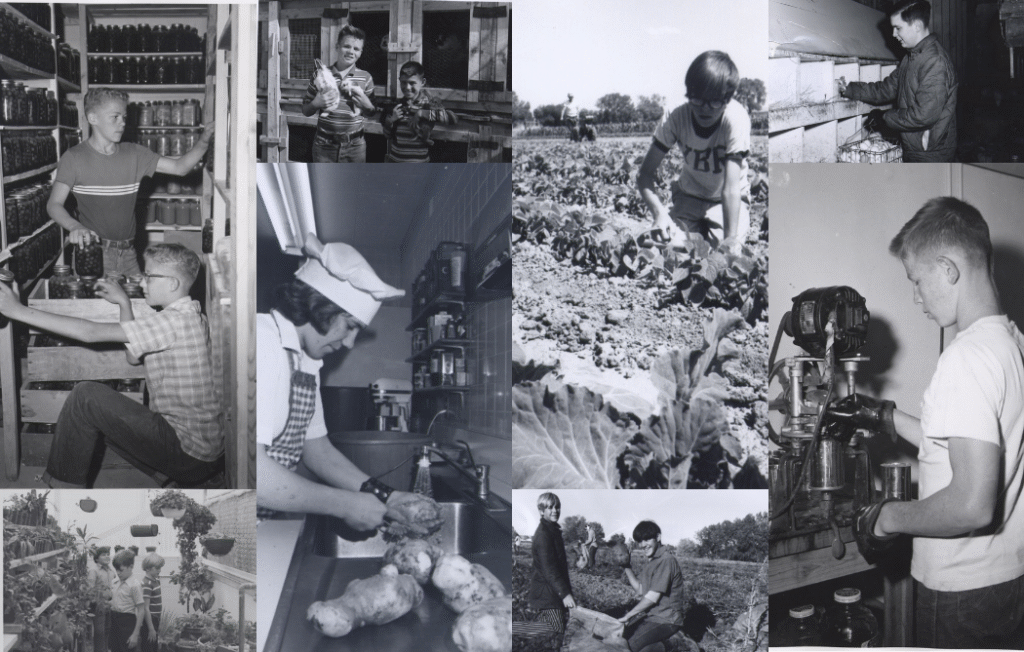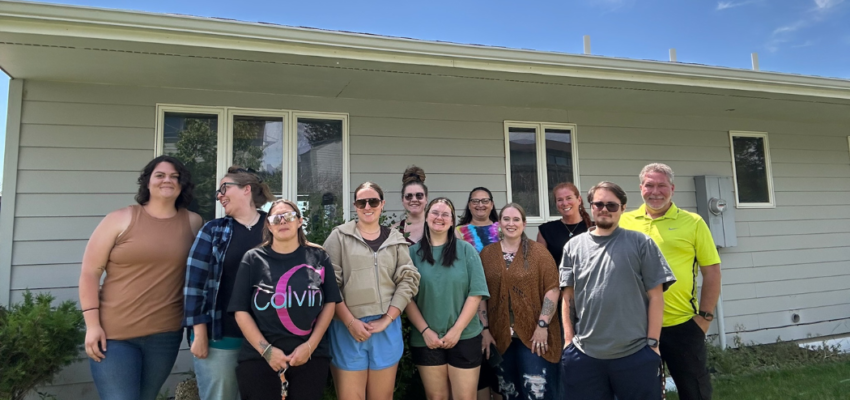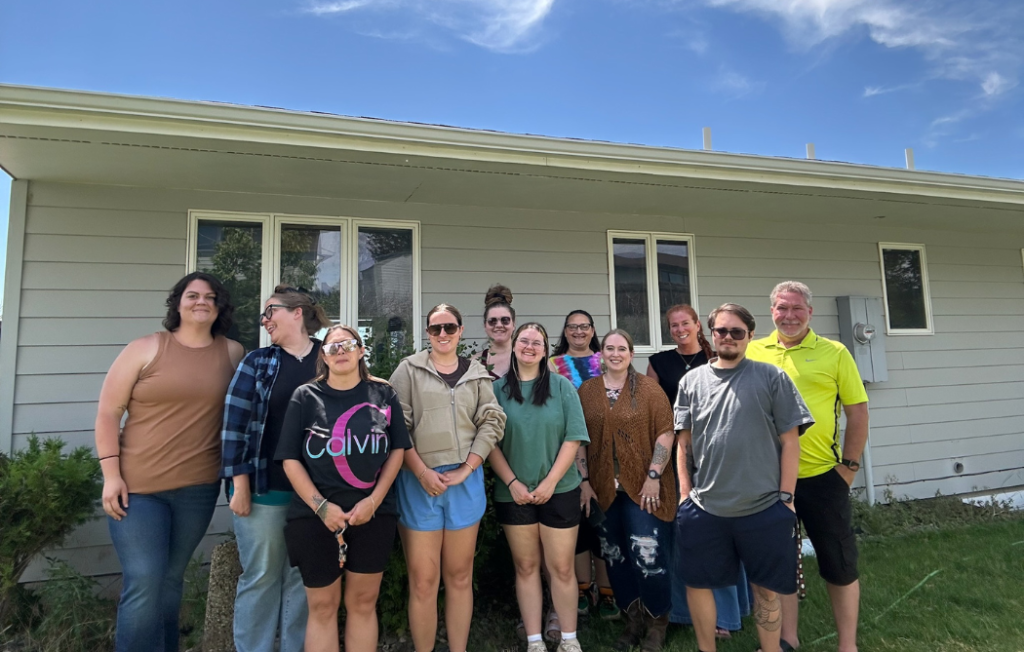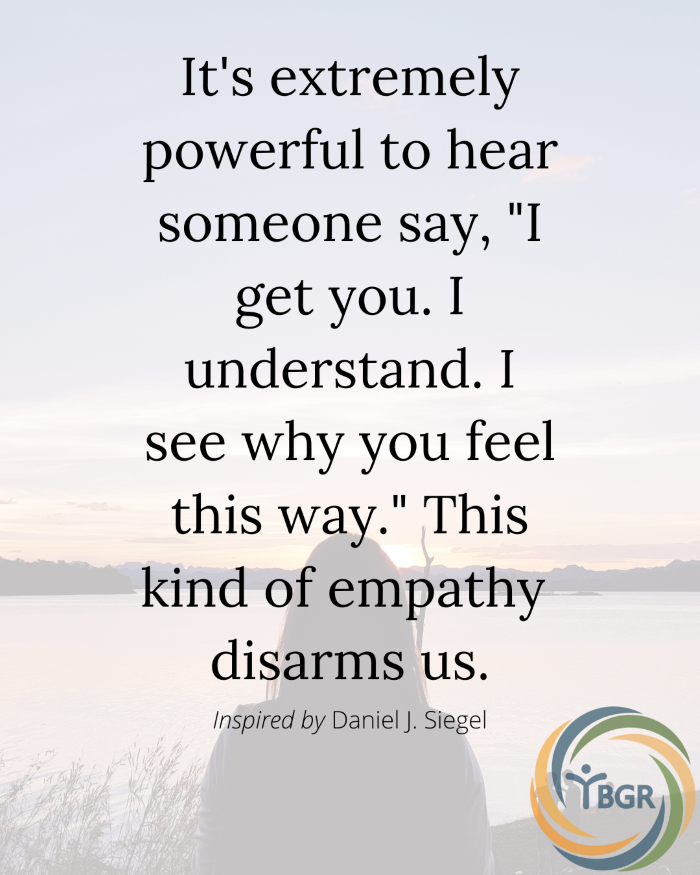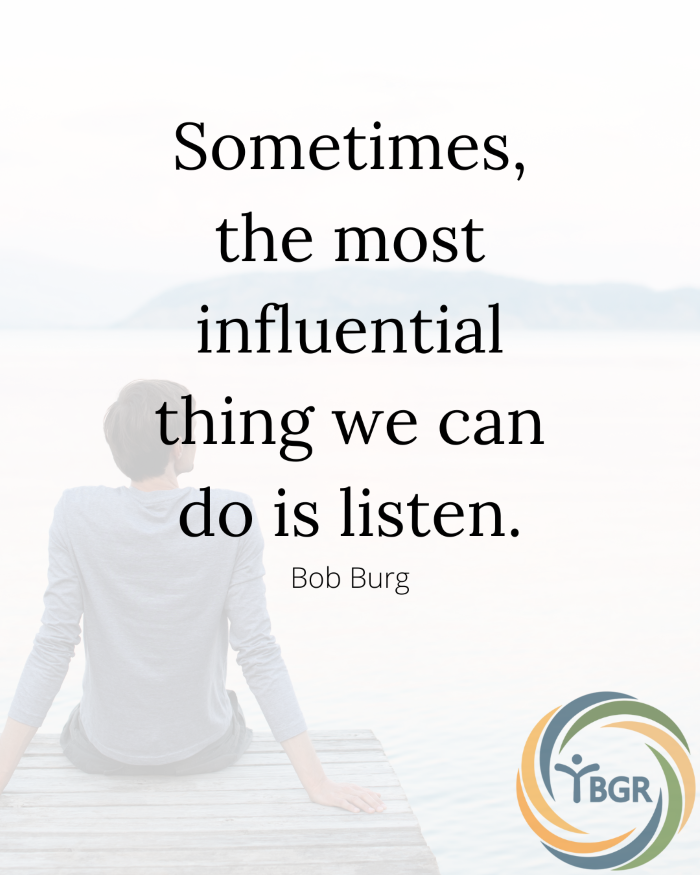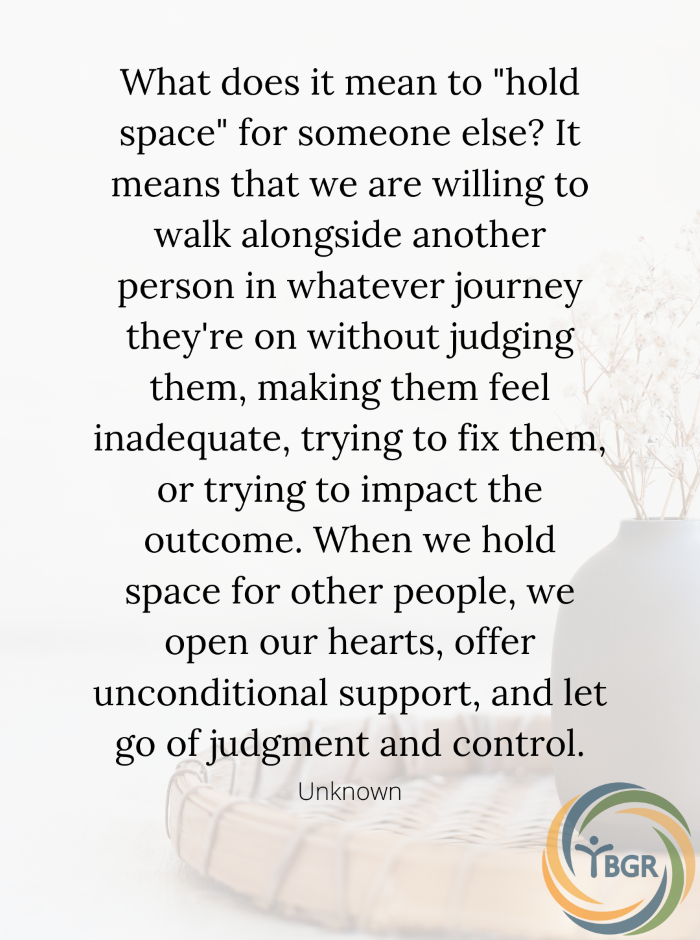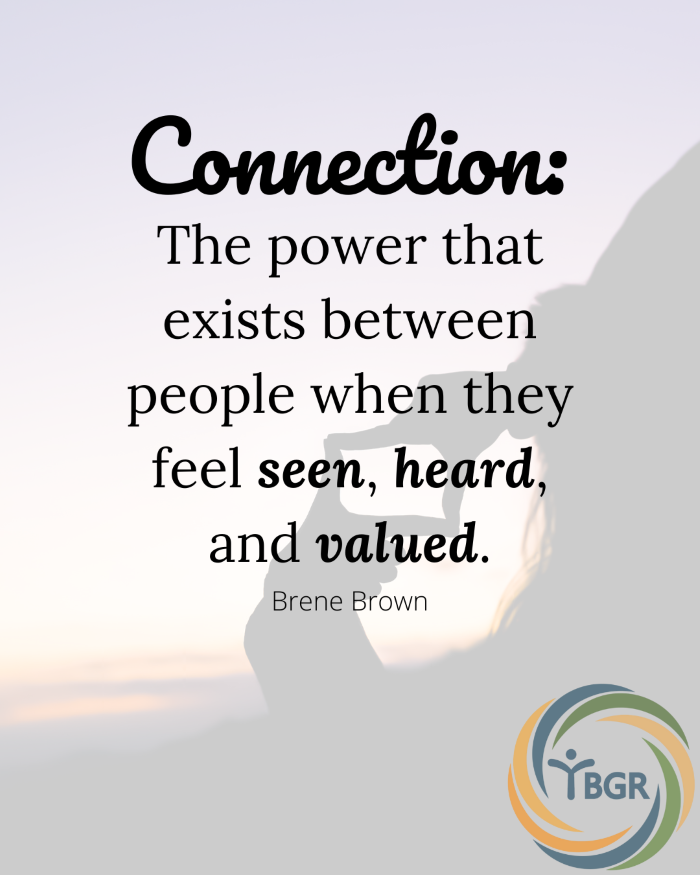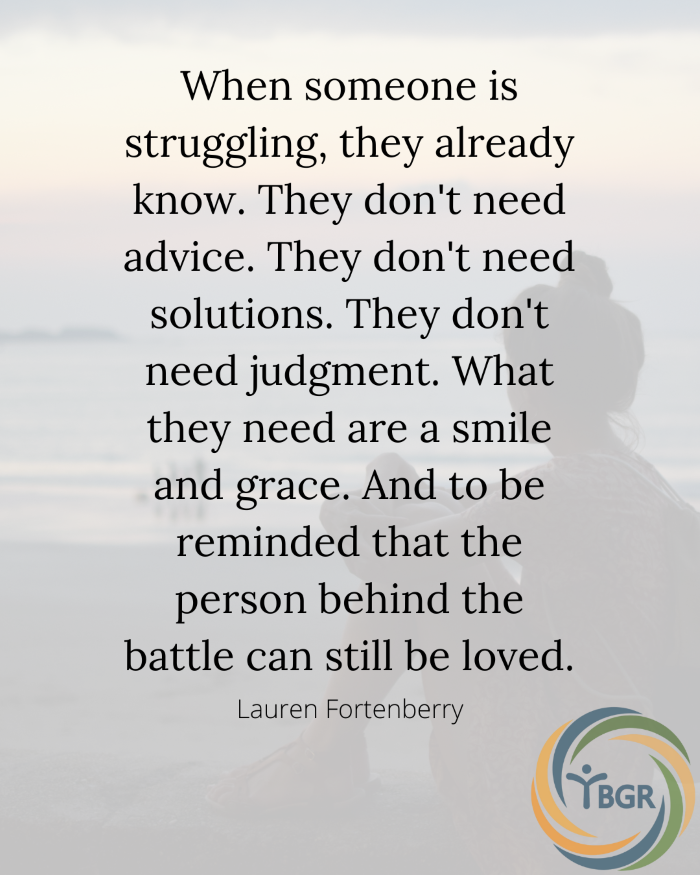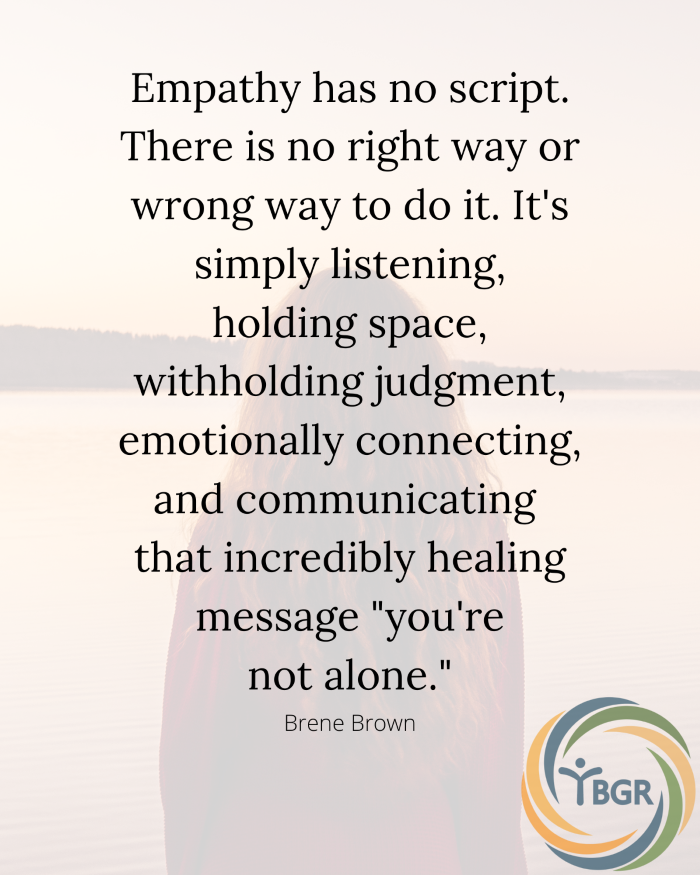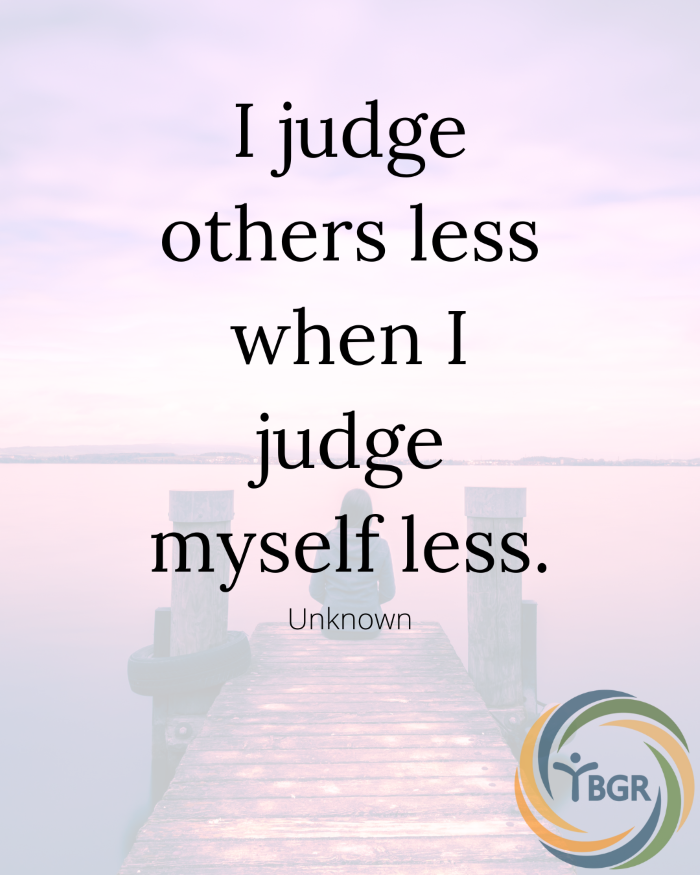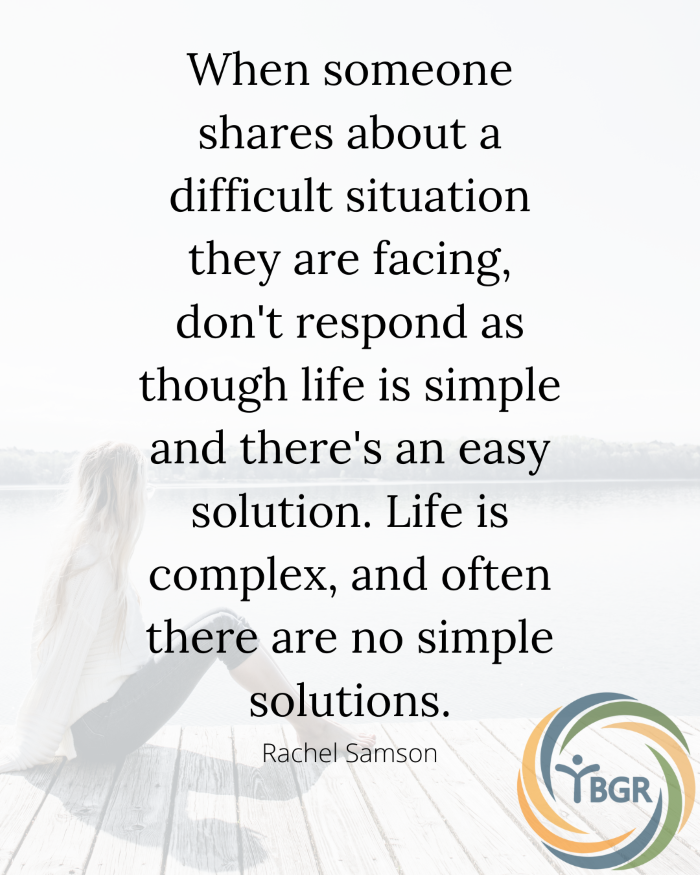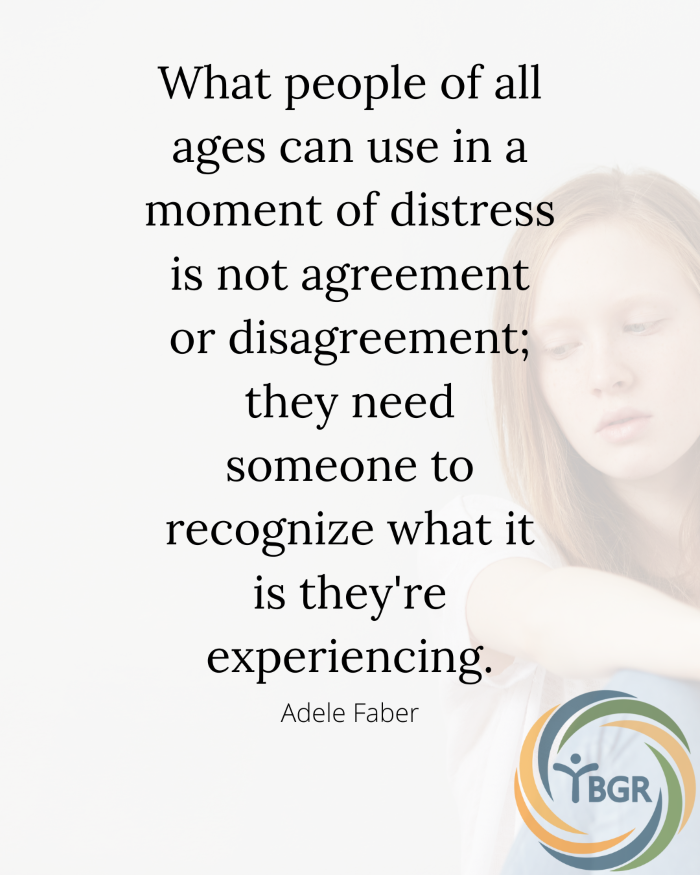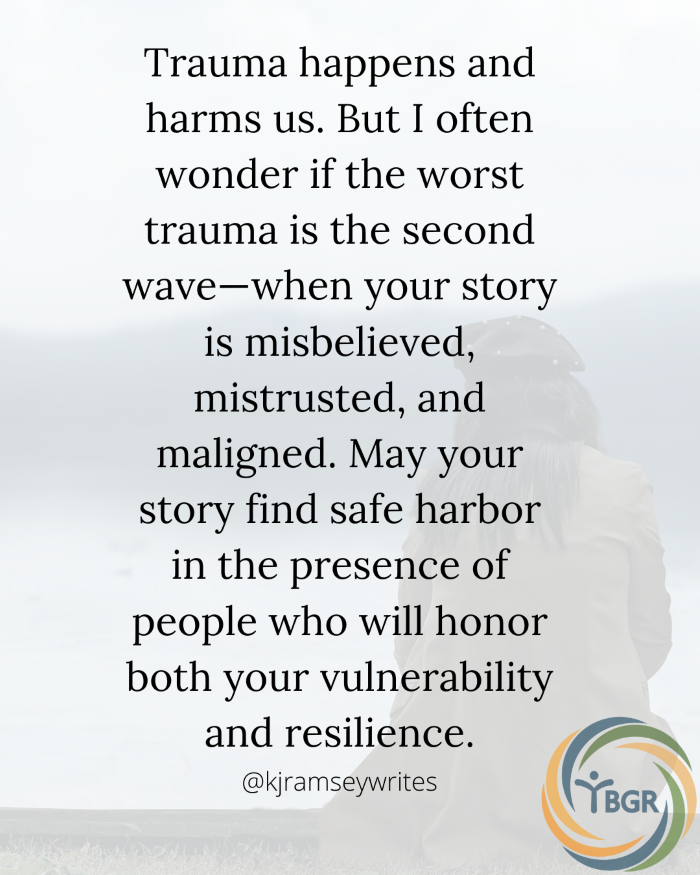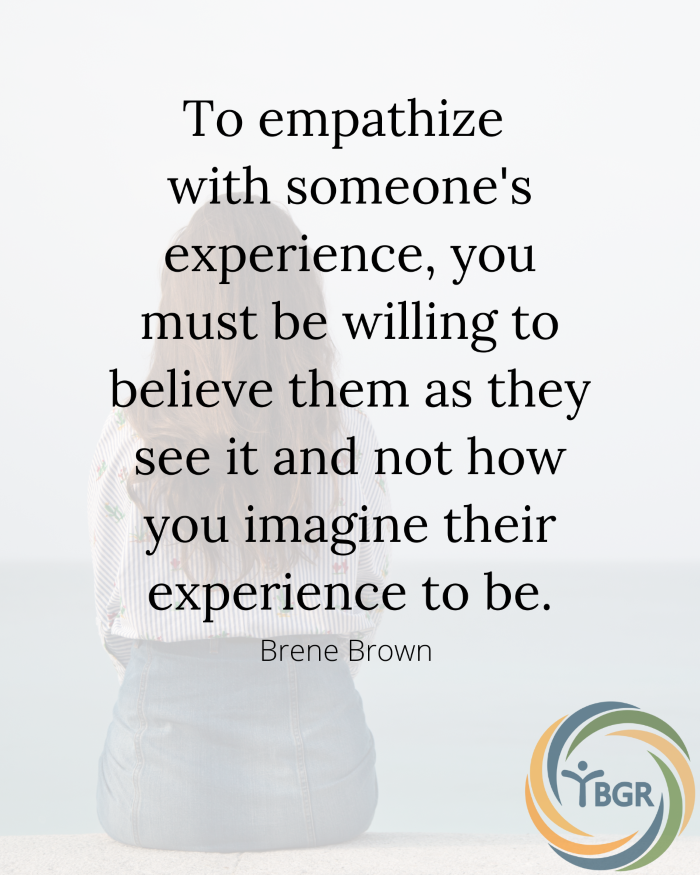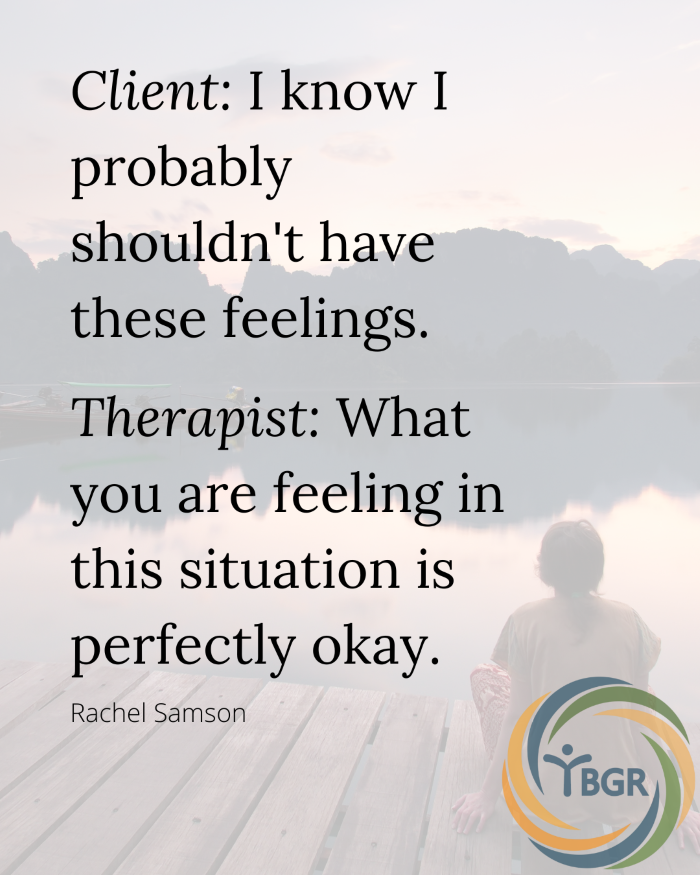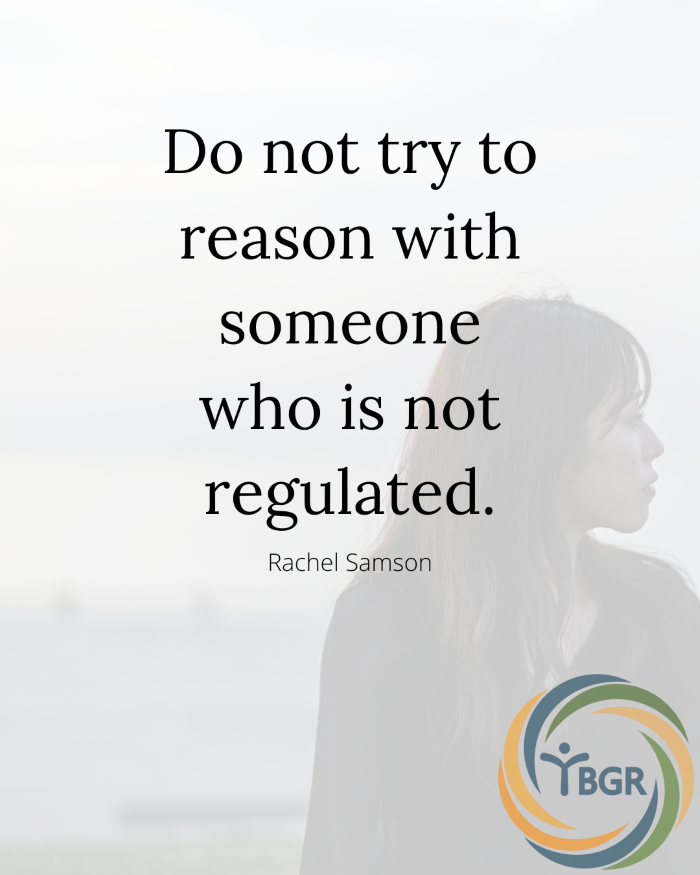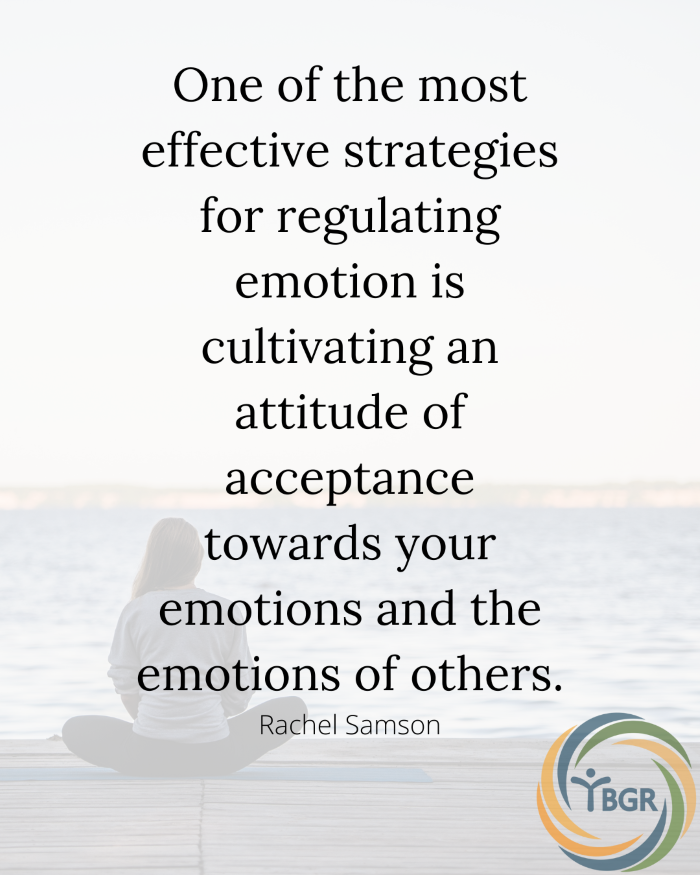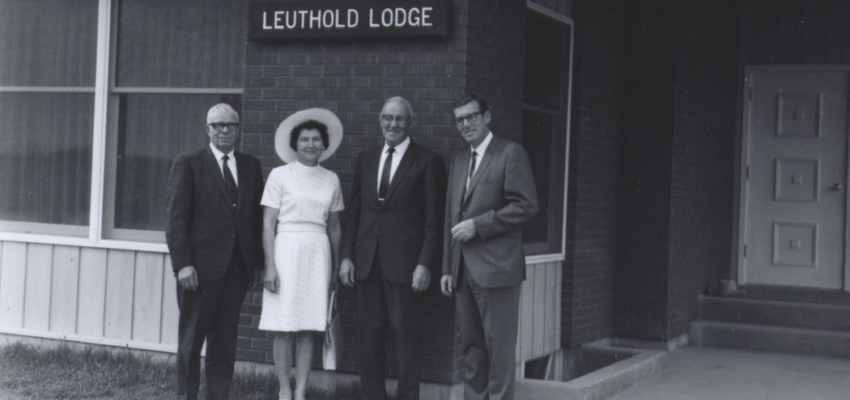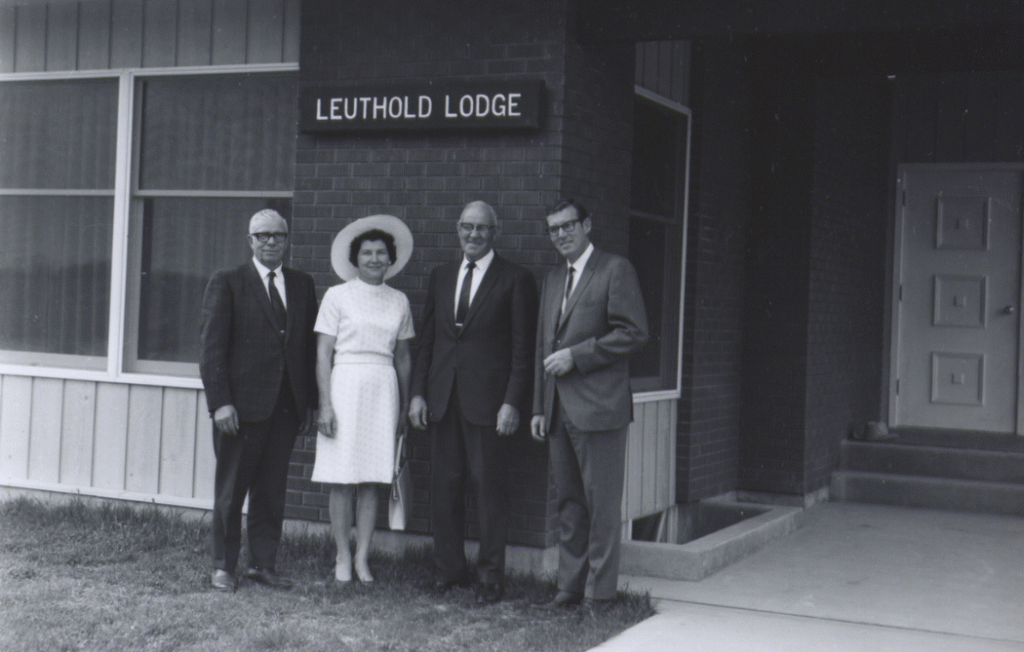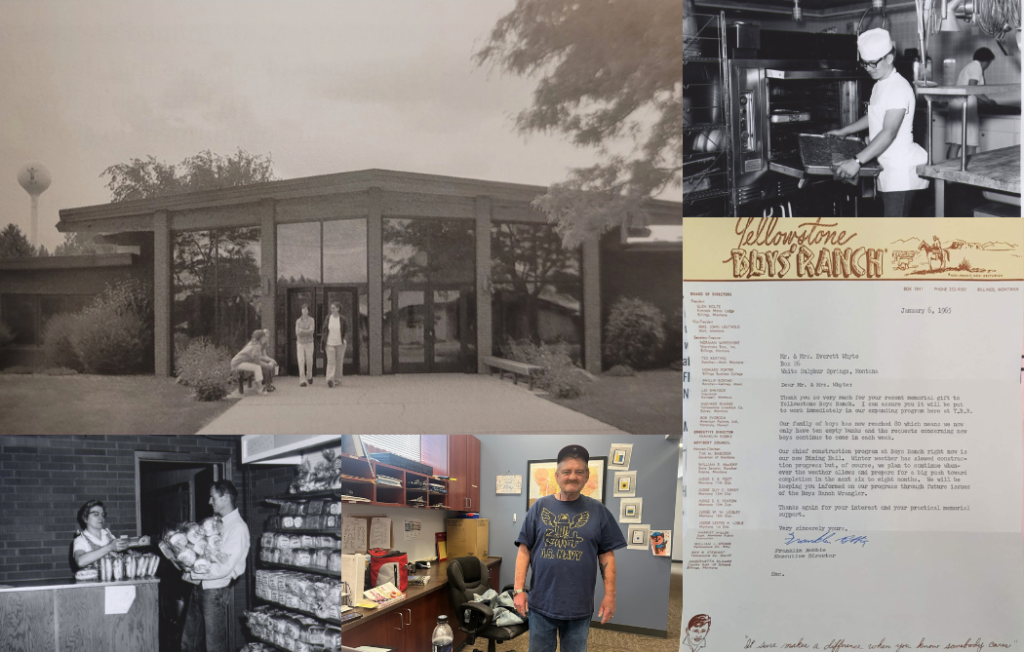
Can a $1 gift make a difference? At Yellowstone Boys and Girls Ranch, it always has.
From a heartfelt donation in 1964 to the hundreds of meals served each day with care, the story of Donald Nutter Memorial Dining Hall is one rooted in generosity, community, and small acts that build something lasting.
This beloved space at the Ranch stands today thanks to the many who gave—each gift, large or small, helped bring it to life.
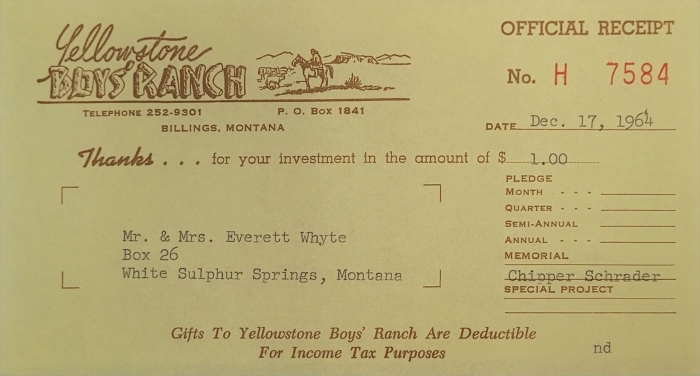
A powerful reminder of that came recently from John Whyte, our Admissions Coordinator in Great Falls. John shared a thank-you letter his parents received in 1965 from then-CEO Franklin Robbie, recognizing their $1 donation toward the Dining Hall’s construction.
Honoring a Tradition of Gratitude
A single dollar and a sincere note of gratitude. It’s a tradition the Yellowstone Foundation proudly carries on today—still sending handwritten thank-you letters to the donors who help power our mission.
Every gift matters. Every act of generosity leaves a mark.
A Space Built for Community, Nourishment, and Care
Named after Governor Donald Nutter, a Montana leader instrumental in the Ranch’s early years, the Dining Hall officially opened in 1966. That day, 450 people gathered to celebrate a new chapter—one centered around shared meals, belonging, and care.
Before the Ranch had a chapel, the Dining Hall served as a sacred space where kids gathered for Sunday morning services. It also became a cozy movie theater for monthly film nights, filling the room with laughter and community.
Still Feeding Hearts and Lives Today
Today, the Donald Nutter Memorial Dining Hall remains a cornerstone of daily life at the Ranch. The Sodexo team prepares and serves hundreds of meals each day, ensuring every child in our care is well-nourished and supported.
More than just a building, the Dining Hall is a symbol of what’s possible when people come together to give, build, and believe. It’s a space shaped by love, filled with stories, and sustained by the ongoing generosity of those who stand behind our mission.
Learn More About Our History
Visit our History page to explore the story—and the caring people—who gave birth to our mission. Their vision continues to touch the lives of thousands of youth across Montana and beyond each year.
Want to dive deeper? You can also find A Legacy of Caring, written by our founder, Franklin Robbie, on Amazon.

